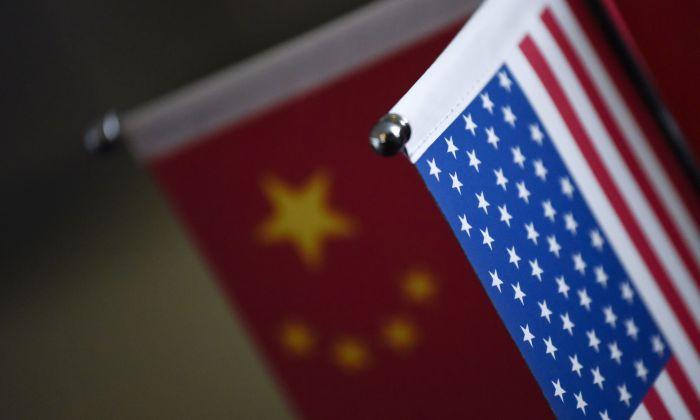The United States on Friday appointed veteran diplomat Mark Lambert as its top official for China policy amid strained relations between the two countries over geopolitics and trade issues.
Mr. Lambert will be China coordinator and deputy assistant secretary of state for China and Taiwan, filling the post that had been vacated by Rick Waters in June, the State Department said on Sept. 29.





